![]()
20 slang words popularized by hit songs
Slang, a term for the informal, non-standard lingo used in social settings, doesn't originate in a vacuum. The invented words we casually throw around come from the culture around us, particularly the music industry.
A great deal of music-related terms stem from hip-hop, more specifically through the genre of rap. Because rap tends to draw heavily from Black culture, many rap-based slang terms have roots in African American Vernacular English (AAVE), a dialect of English commonly spoken in Black communities. This cultural context informs high-profile hip-hop artists, whose work consequently influences commonly used, everyday slang terms.
While many recent slang terms with roots in music originated in hip-hop, there are some exceptions; a common term for a friend with whom you share a rivalry, for example, comes from the pop music world. Other slang terms can be traced back decades further, although they often have a slightly different meaning. For instance, one word on this list popped up in a 1896 magazine long before appearing on music charts. Whatever the case may be, investigating the history of slang words offers us an opportunity to learn more about the diverse musical influences that shape our everyday linguistic habits.
If you're wondering how many of your favorite slang words got their start within the music industry before entering mainstream conversation, then you've come to the right place. Stacker culled through news and entertainment resources to come up with a list of 20 slang words that originated from or were popularized by songs.
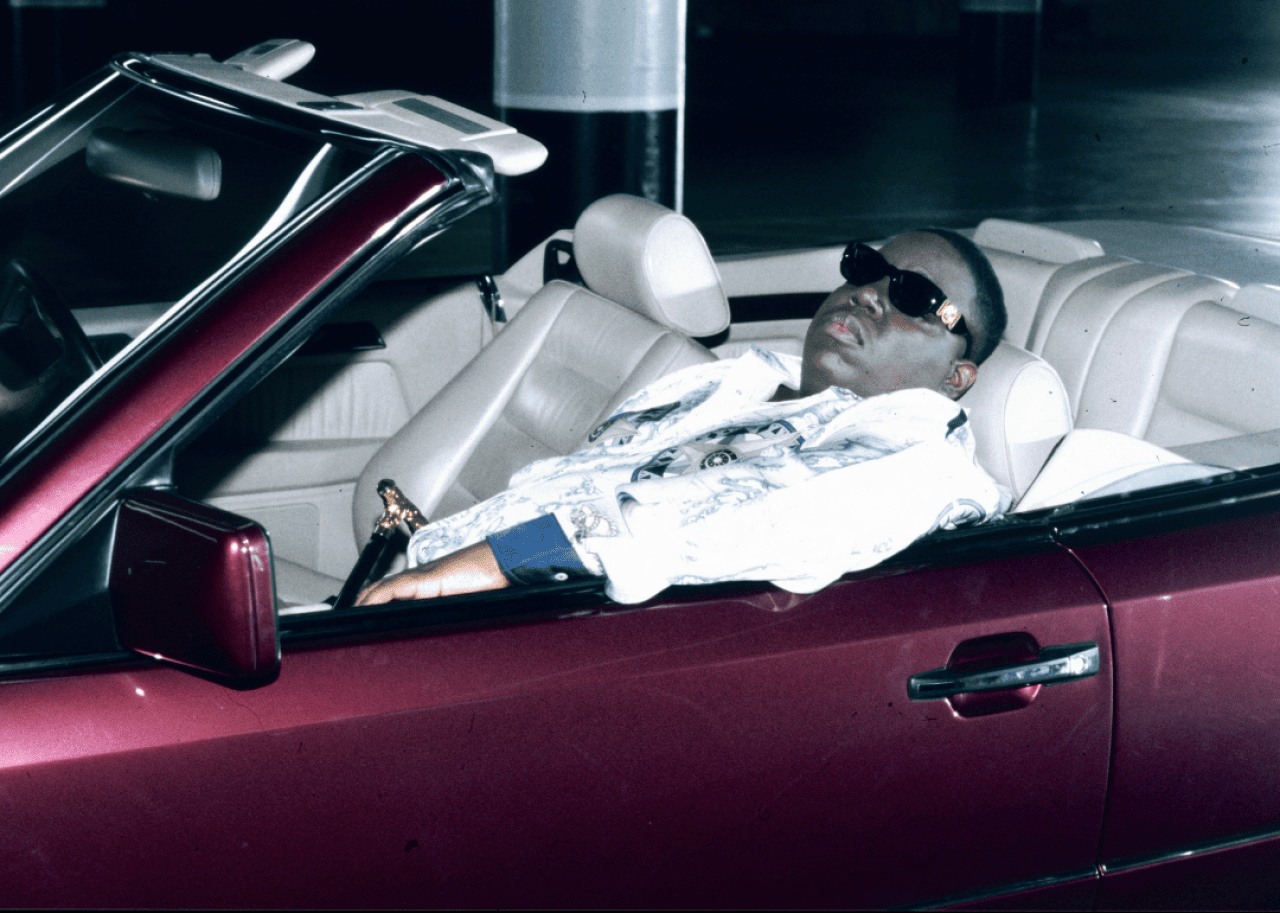
Beef
Having "beef" is another way to refer to having a conflict with someone. Rooted in old English, "beef" gained traction as a slang term after rapper The Notorious B.I.G. released his 1997 song "What's Beef," in which he expressed exasperation over his peers' rap feuds.
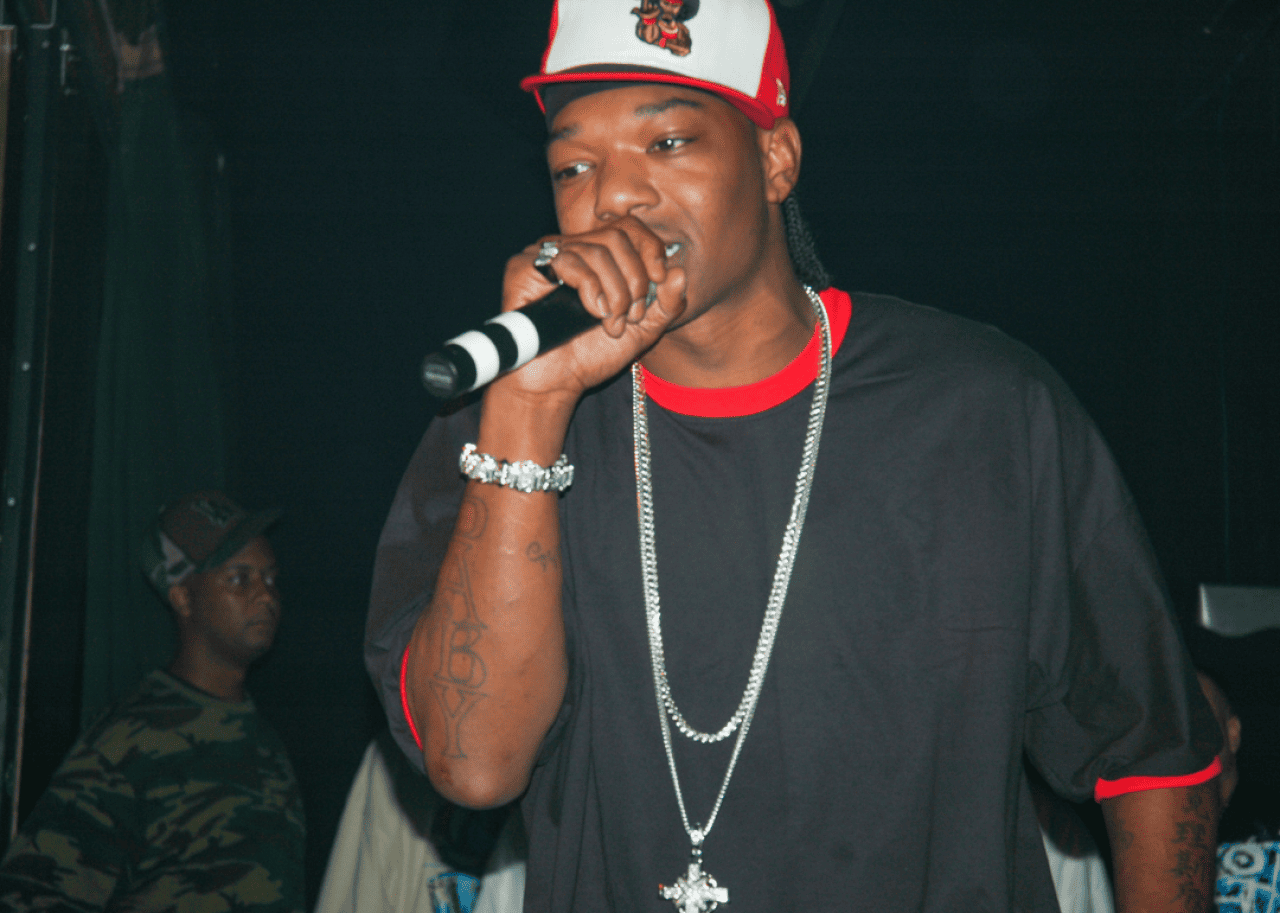
Bling
"Bling" is an onomatopoeia, referring to the sound made by shiny, ostentatious jewelry. Originally thought to be Jamaican slang for expensive jewelry, it was popularized by rapper B.G.'s 1999 song "Bling Bling," in which he raps about his wealth, proclaiming, "Bling, bling, pinky ring worth about fifty."
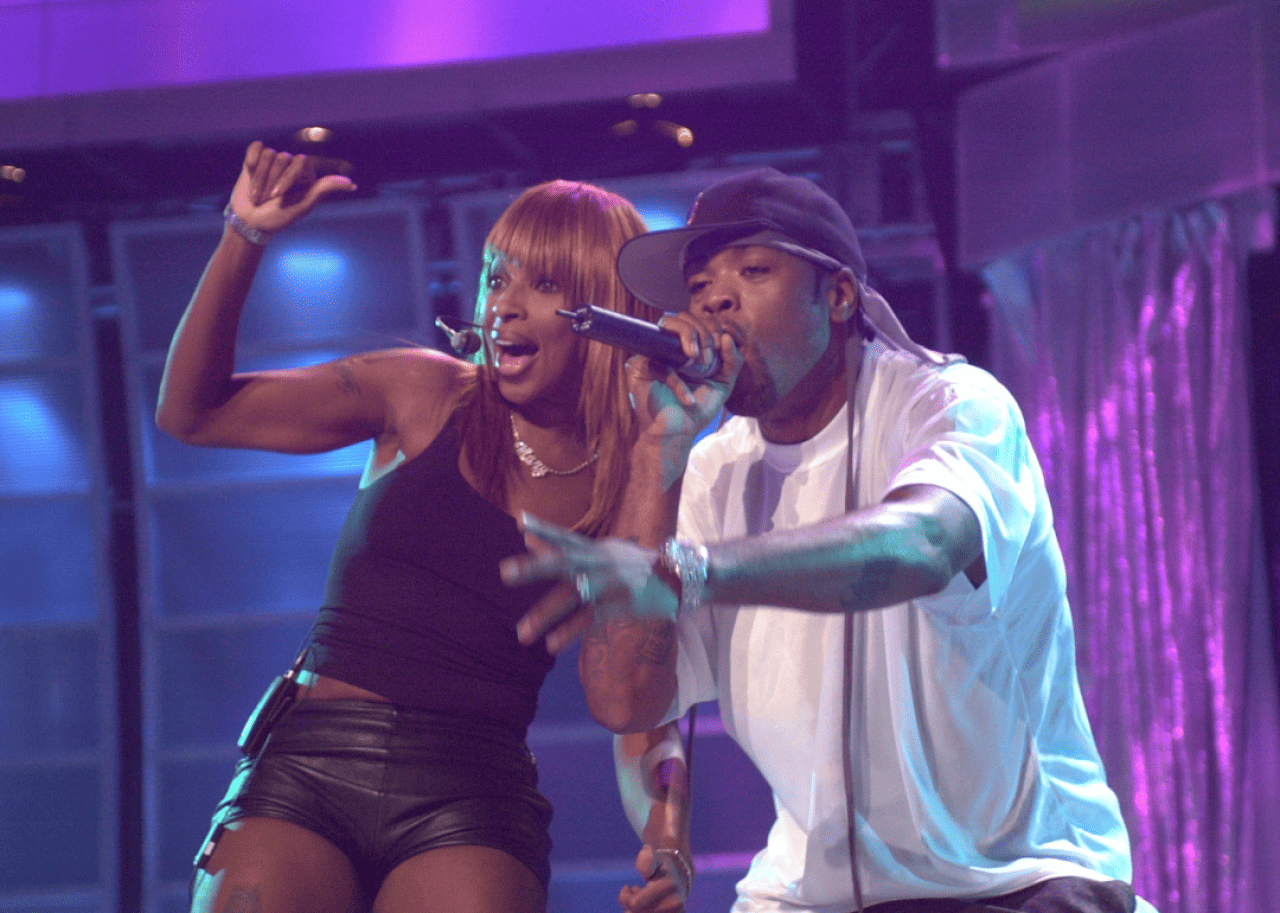
Boo
While "boo" is often associated with ghosts or used to express disapproval, the word can also be used to affectionately describe a significant other or love interest. This use of "boo" entered mainstream vernacular thanks to Method Man and Mary J. Blige's 1995 song "I'll Be There For You/You're All I Need To Get By," which includes the lyric, "That's why I'm with you to this day, boo, no frontin'." It was further popularized upon the release of Usher and Alicia Keys' 2004 romantic duet "My Boo."
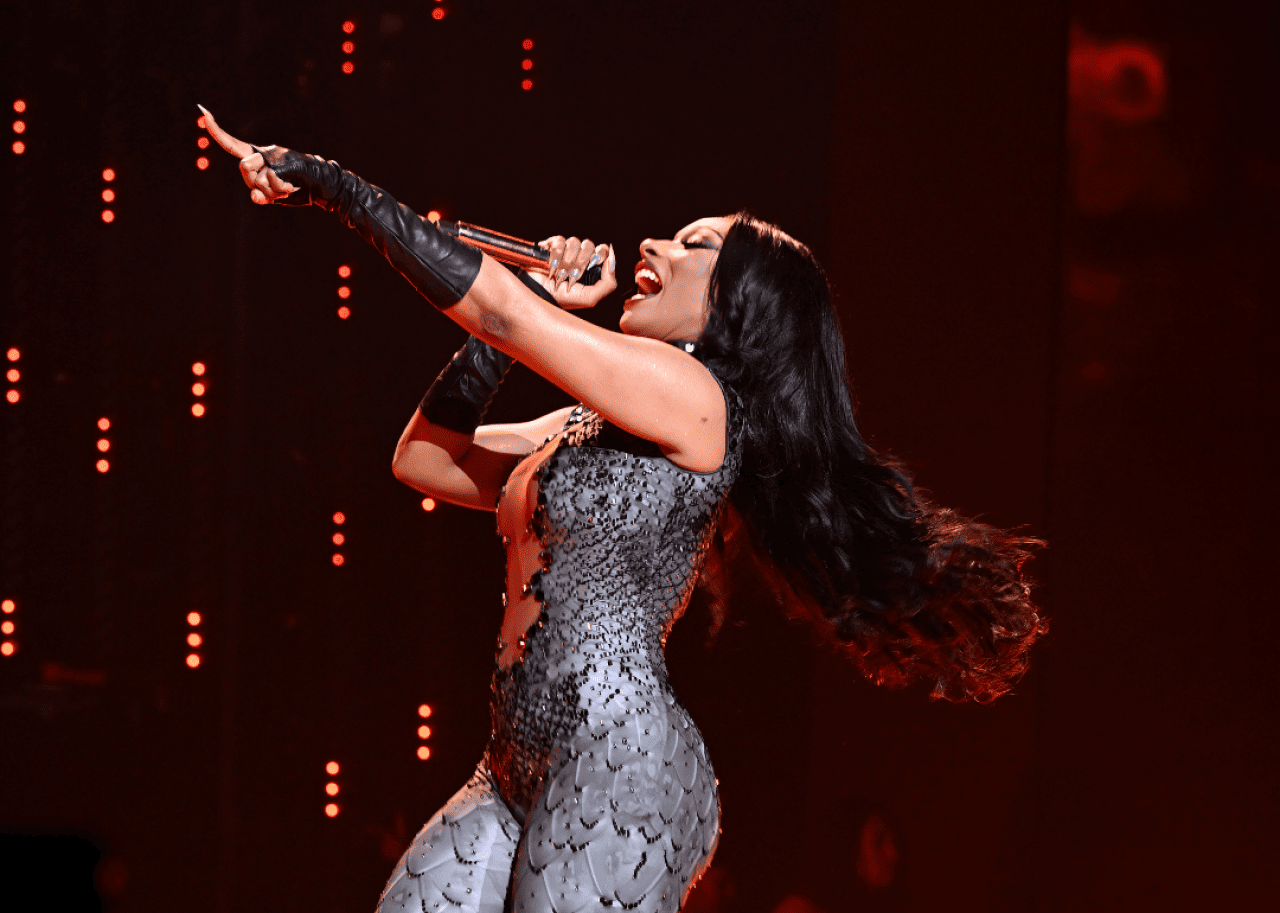
Cake
"Cake" primarily refers to women's butts, and a woman with a larger rear end might be described as "caked up." Although male rappers initially more commonly used this slang—such as Flo Rida and 99 Percent in their 2017 track "Cake"—female rappers like Megan Thee Stallion and Nicki Minaj have reclaimed the term as a form of sexual empowerment in songs like "Girls in the Hood" and "Trollz."
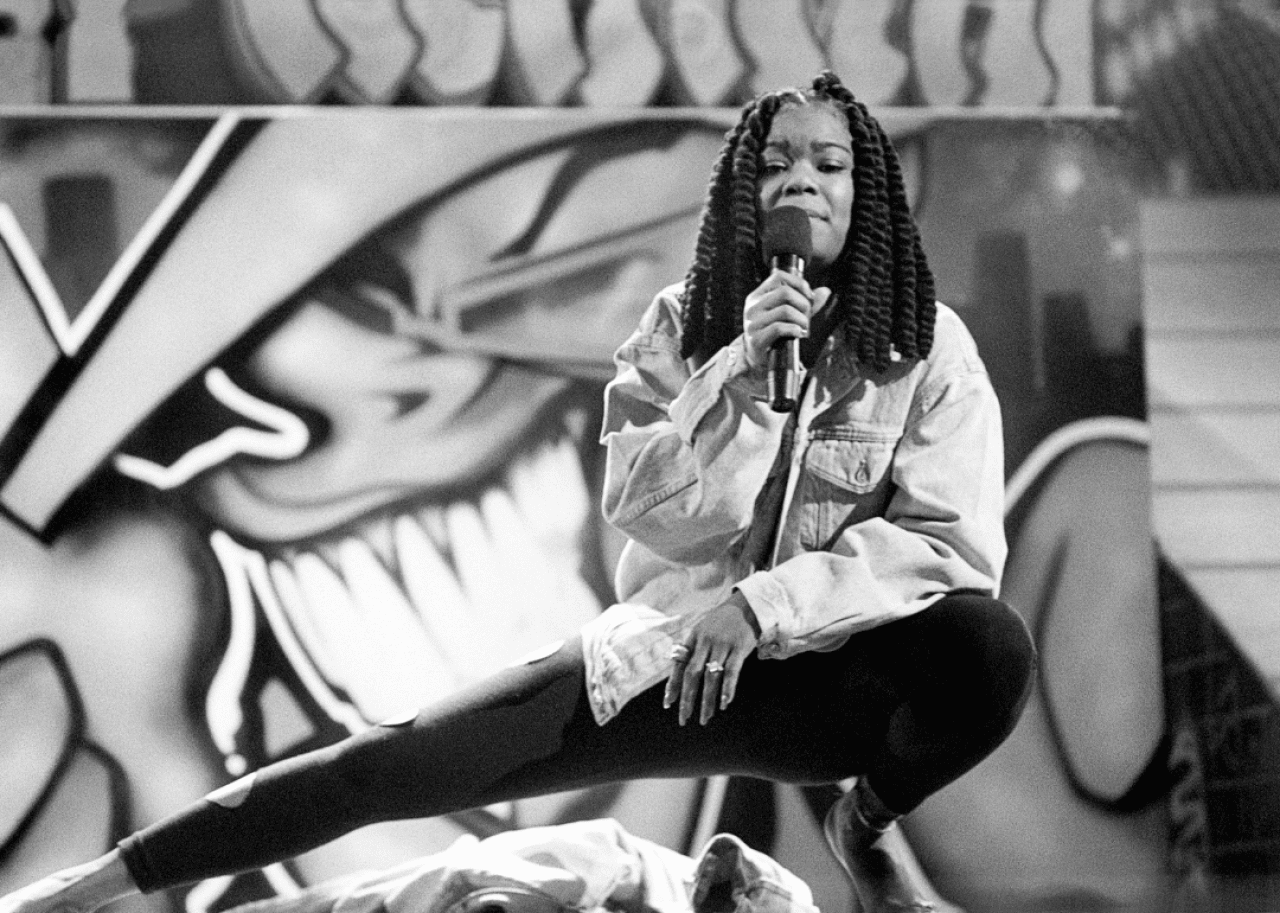
Diss
In the 1920s, people used "diss" as a derogatory abbreviation of "disconnected," referring to someone who is not fully present or mentally sound. More recently, the hip-hop world has popularized "diss" as slang for insulting or disrespecting someone. This was popularized by the Roxanne Wars, a series of 1980s hip-hop rivalries in which rappers like Roxanne Shanté, U.T.F.O., and Sparky D dissed one another in a series of tracks.
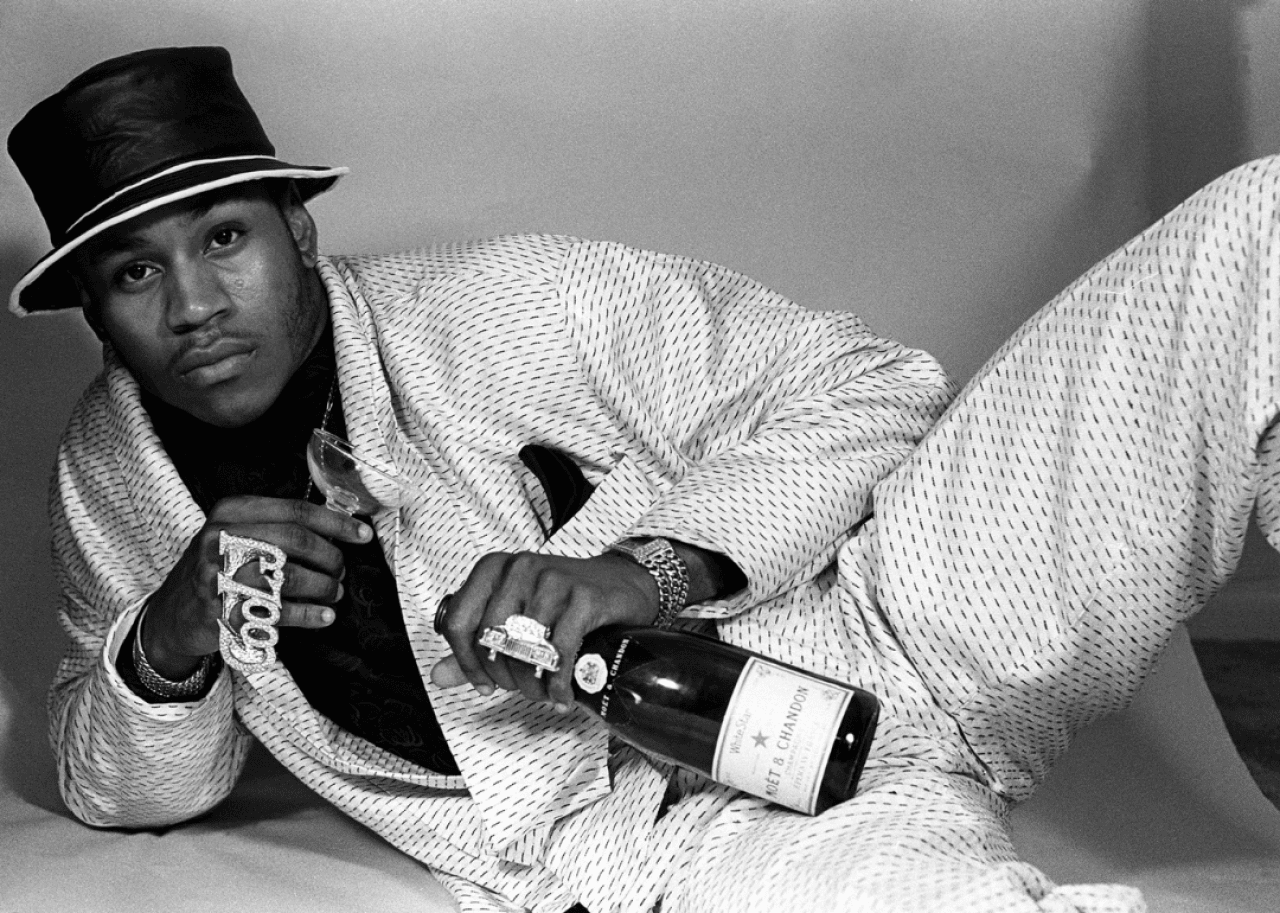
Dope
"Dope" is a slang term with multiple meanings, but the version originating from music refers to calling something or someone "cool." According to the New York Times, Black hip-hop artists using "dope" in this way is an act of reclamation, since "dope" can also be used to describe an unintelligent person—a negative stereotype of Black people that persisted throughout the 20th century. The current use of "dope" began in the 1980s in songs like LL Cool J's 1989 track "Why Do You Think They Call It Dope?", in which he remarks, "Yo I'm crazy dope, with super hype lines/ And a lot of hype lines make one dope rhyme."
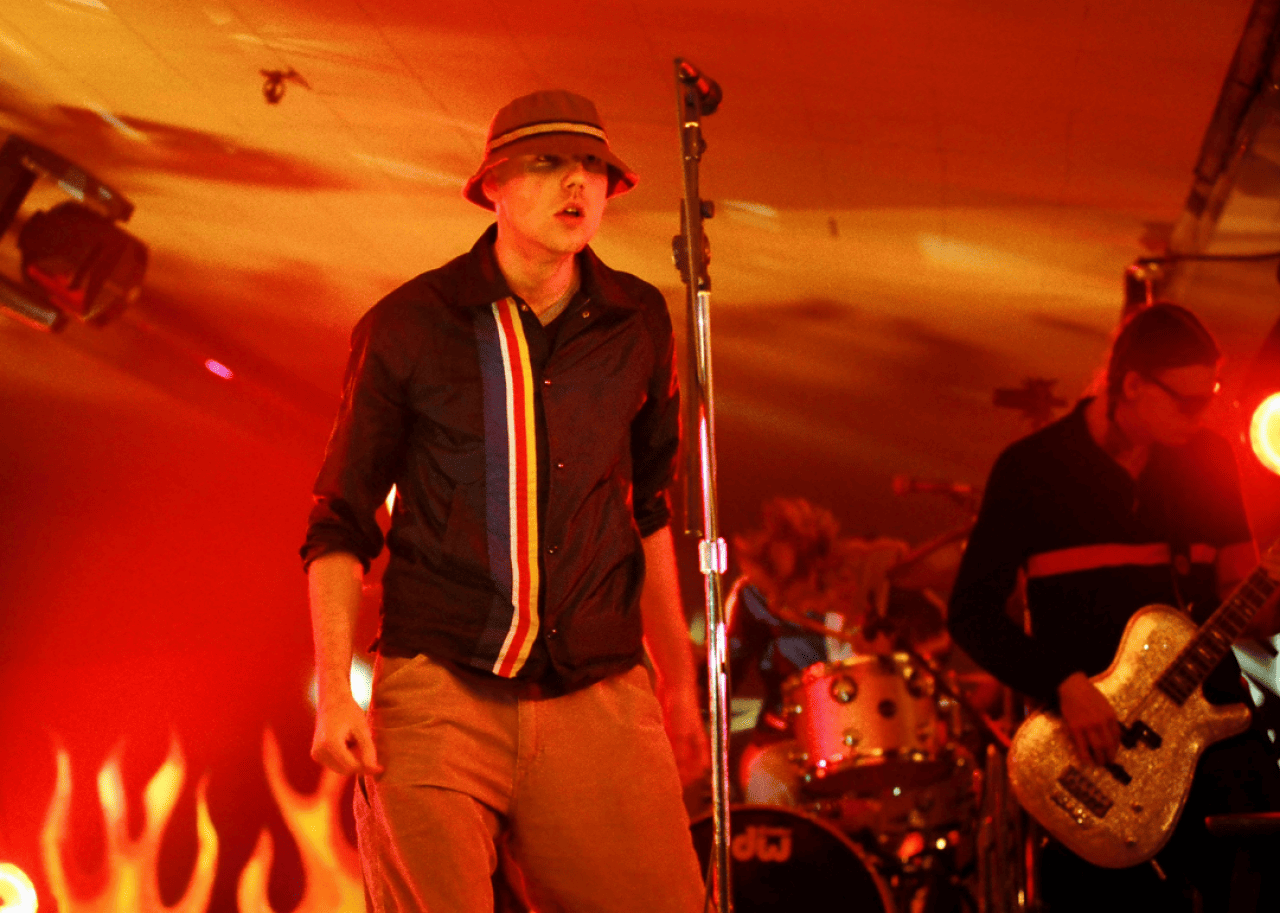
Frenemy
A frenemy is a supposed friend with whom you actually share a rivalry (hence the portmanteau of the words "friend" and "enemy"). The term was popularized in the pop band New Radicals' 1998 song "You Get What You Give," in which they sing, "Frenemies, who, when you're down, ain't your friend."
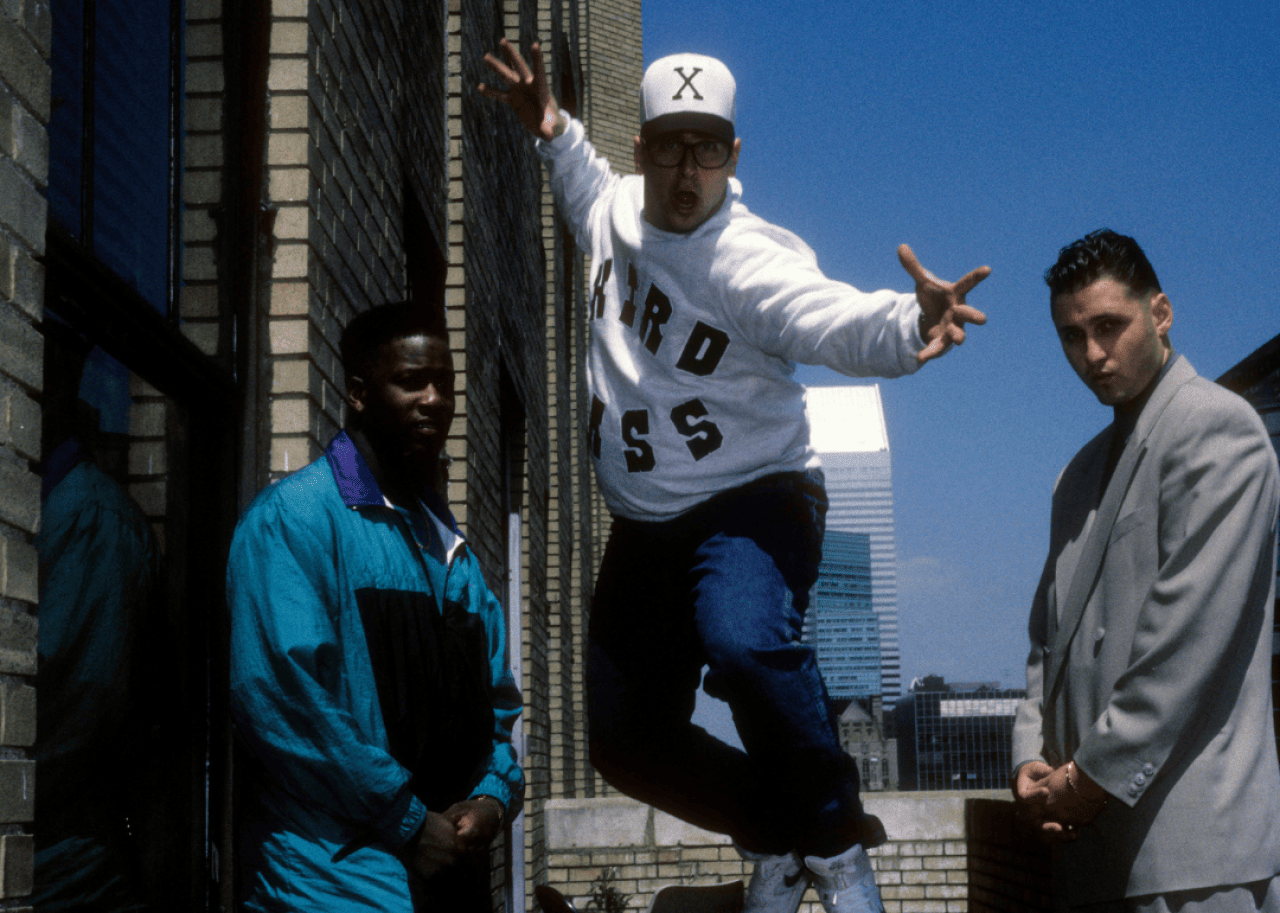
Ghost
To "ghost" someone means to suddenly disappear from their lives without warning. The hip-hop duos 3rd Bass and Nice & Smooth were some of the first groups to help the term go mainstream, thanks to their 1991 song "Microphone Techniques," which includes the lyric, "Greg Nice, I'm outta here, ghost!"
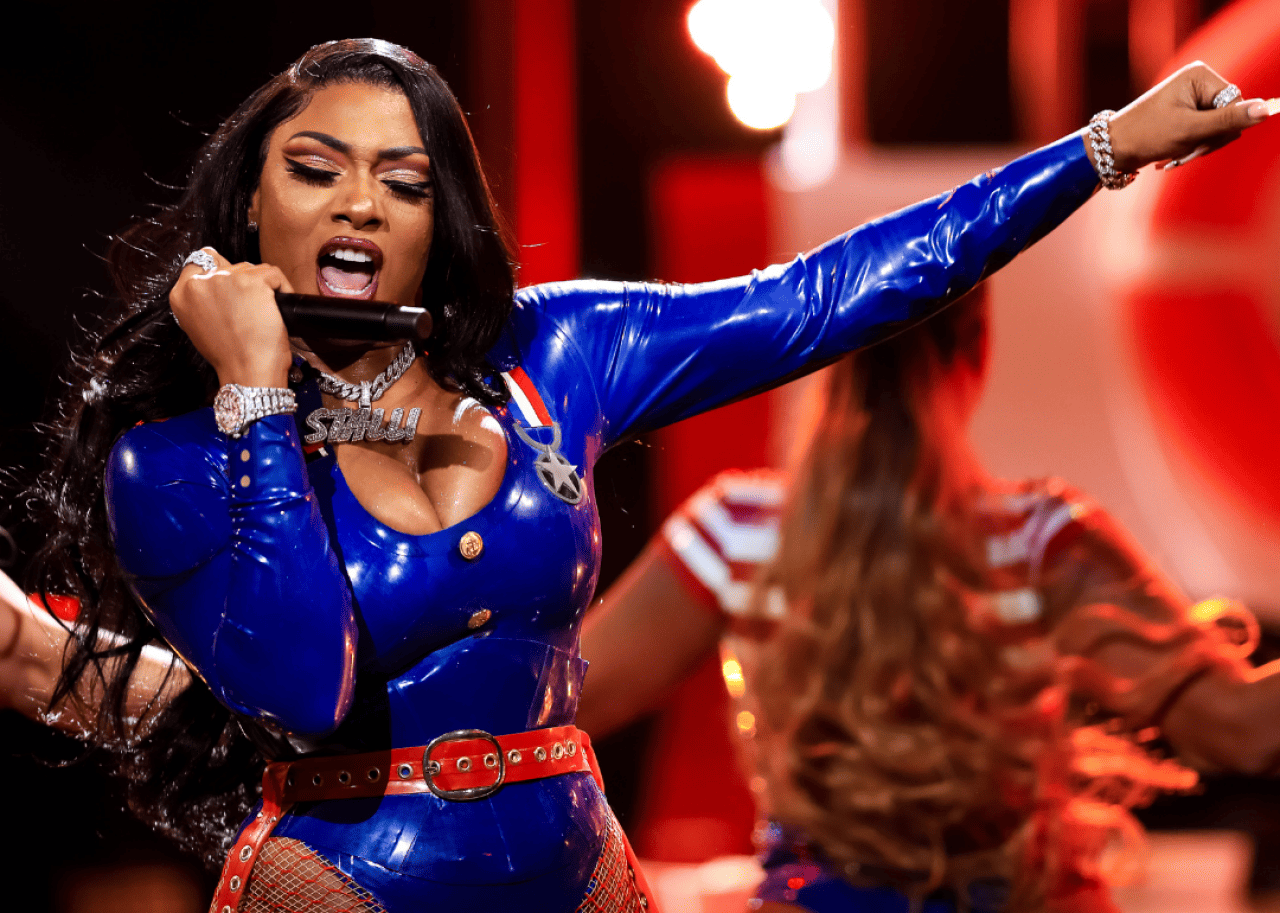
Hot girl summer
Megan Thee Stallion brought "hot girl summer" to the mainstream with her 2019 song of the same name. As the rapper explained to The Rootin 2019, the summery slang term is "just basically about women—and men—just being unapologetically them… You definitely have to be a person that can be the life of the party."
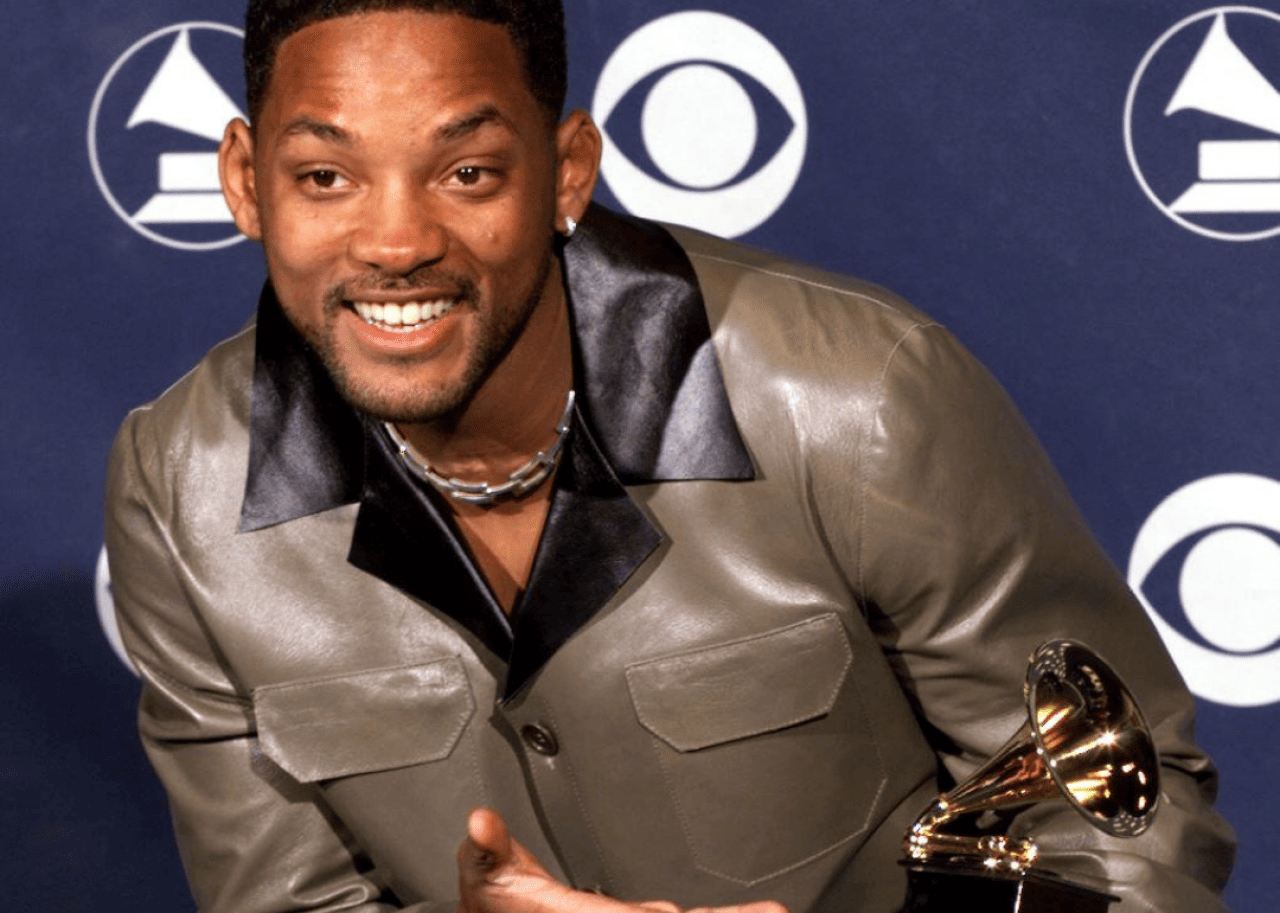
Jiggy
This description of uninhibited, excited dancing (or other physical activities) is most commonly associated with Will Smith's 1998 track "Gettin' Jiggy Wit It." More than 80 years prior, the term also appeared in Annie Hamilton Donnell's 1916 novel "Miss Theodosia's Heartstrings," which referred to "jiggy tunes," a.k.a. melodies with jig-like rhythms.
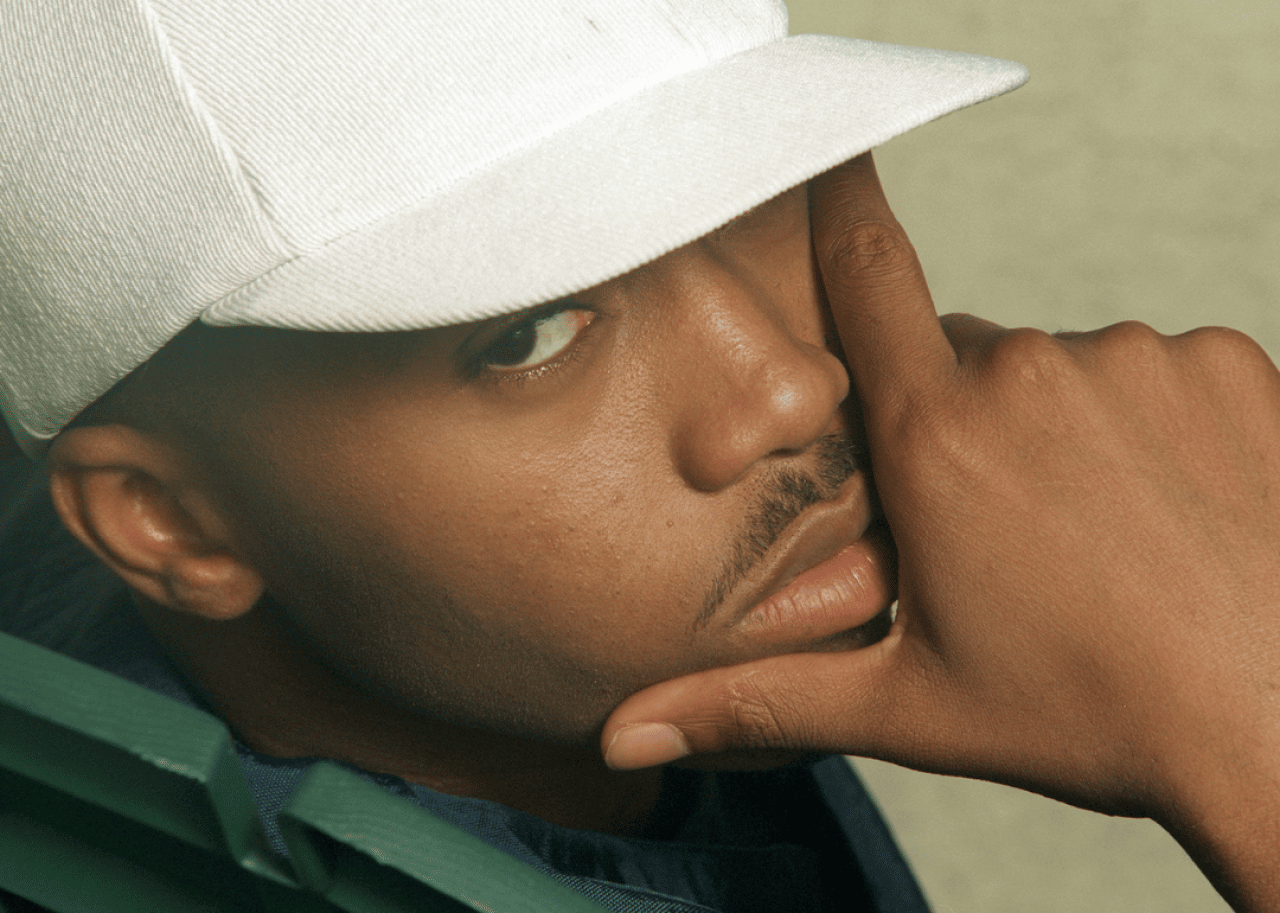
Lit
"Lit" dates back to the early 1900s, when it meant being drunk. These days, it's used by rappers to describe something exciting. Rapper Nas used the term in his 1996 song "The Message," in which he raps, "Don't give a f--k who they hit as long as the drama's lit."
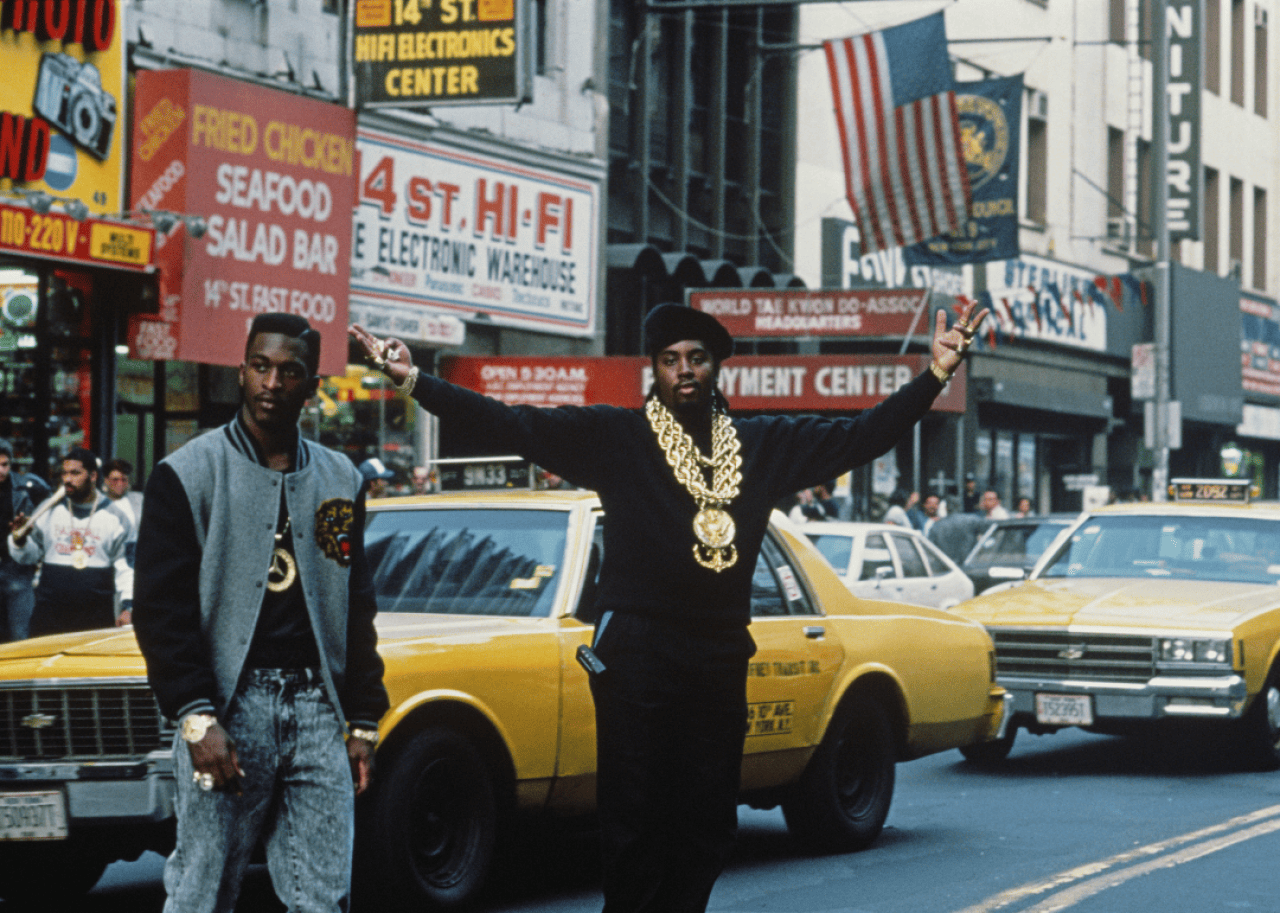
Mic drop
"Mic drop" gets its name from artists, especially in the hip-hop genre, dropping a microphone after delivering a successful performance. Eric B. and Rakim reference the practice in their 1987 track "I Ain't No Joke," with the lyrics "I used to let the mic smoke / Now I slam it when I'm done and make sure it's broke."
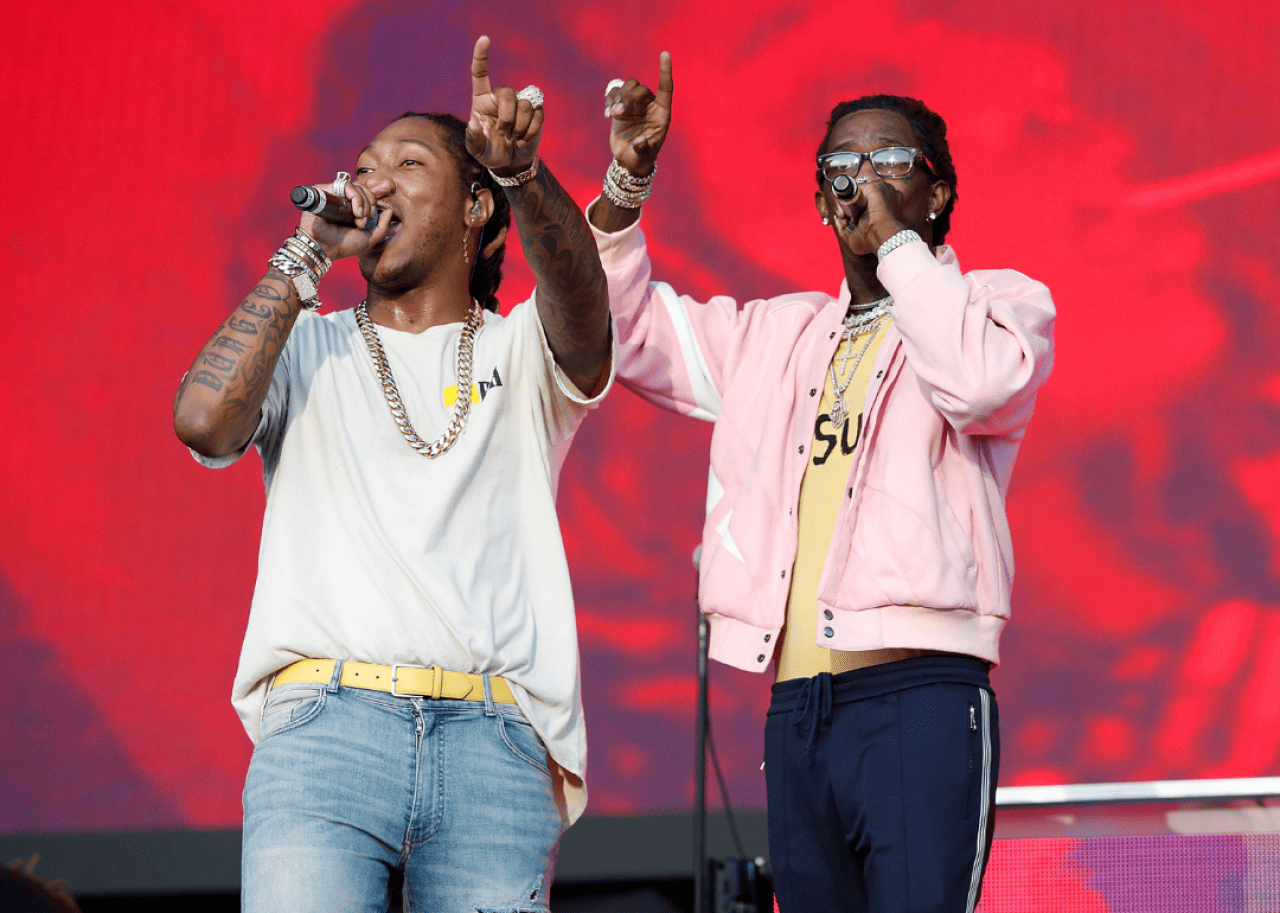
No cap
"Capping" has referred to lying or exaggeration since the 1900s, becoming particularly popular within Black communities in the 1940s. The term then made its way into Southern hip-hop, specifically through Atlanta artists Future and Young Thug's 2017 track "No Cap."
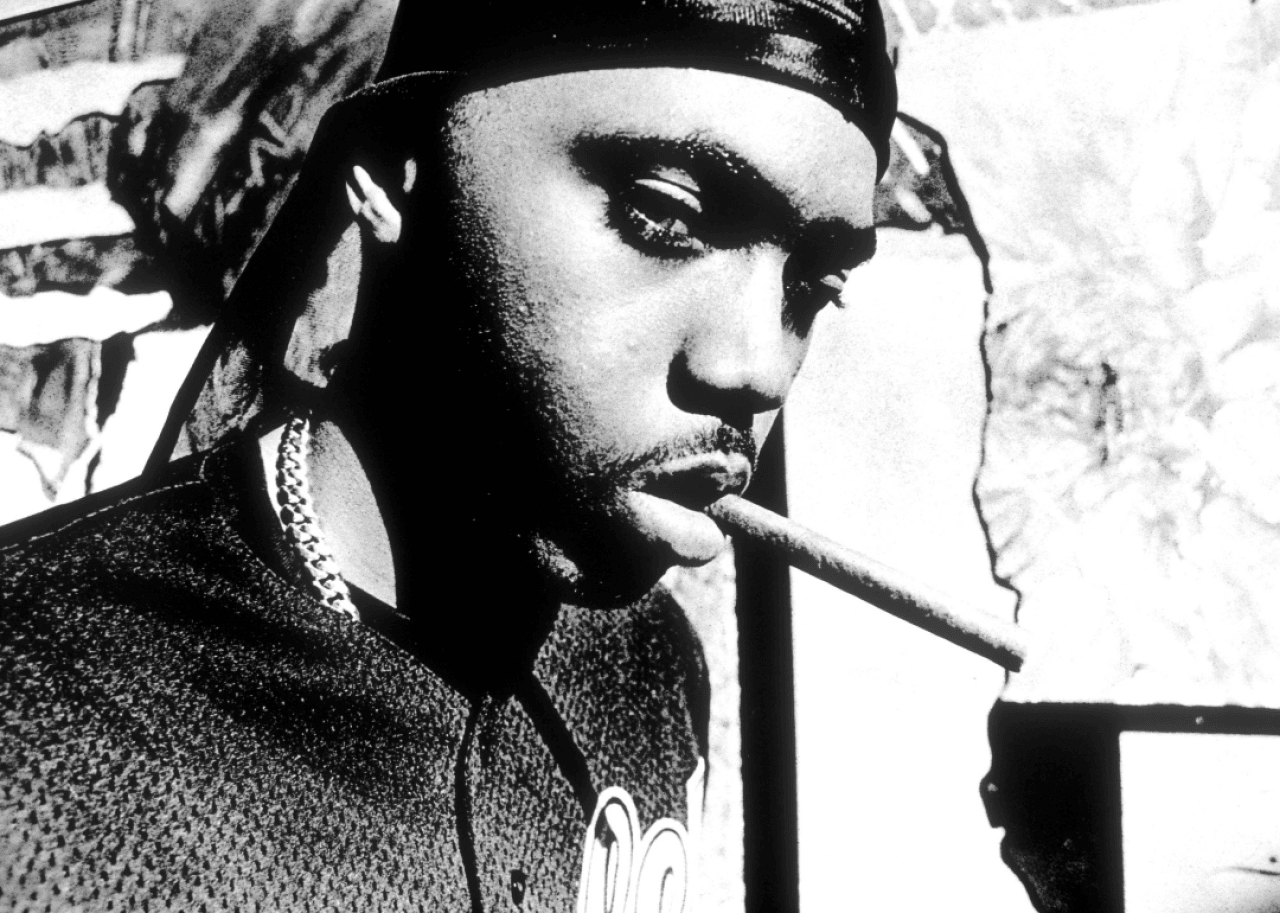
Shizzle
Shizzle involves playfully replacing the endings of certain words with the suffix "izzle." The term often takes the form of "fo shizzle," a play on "for sure." Made popular by Nas' 2001 song "Stillmatic Freestyle" (a diss track against Jay-Z), shizzle has also become associated with Snoop Dogg.
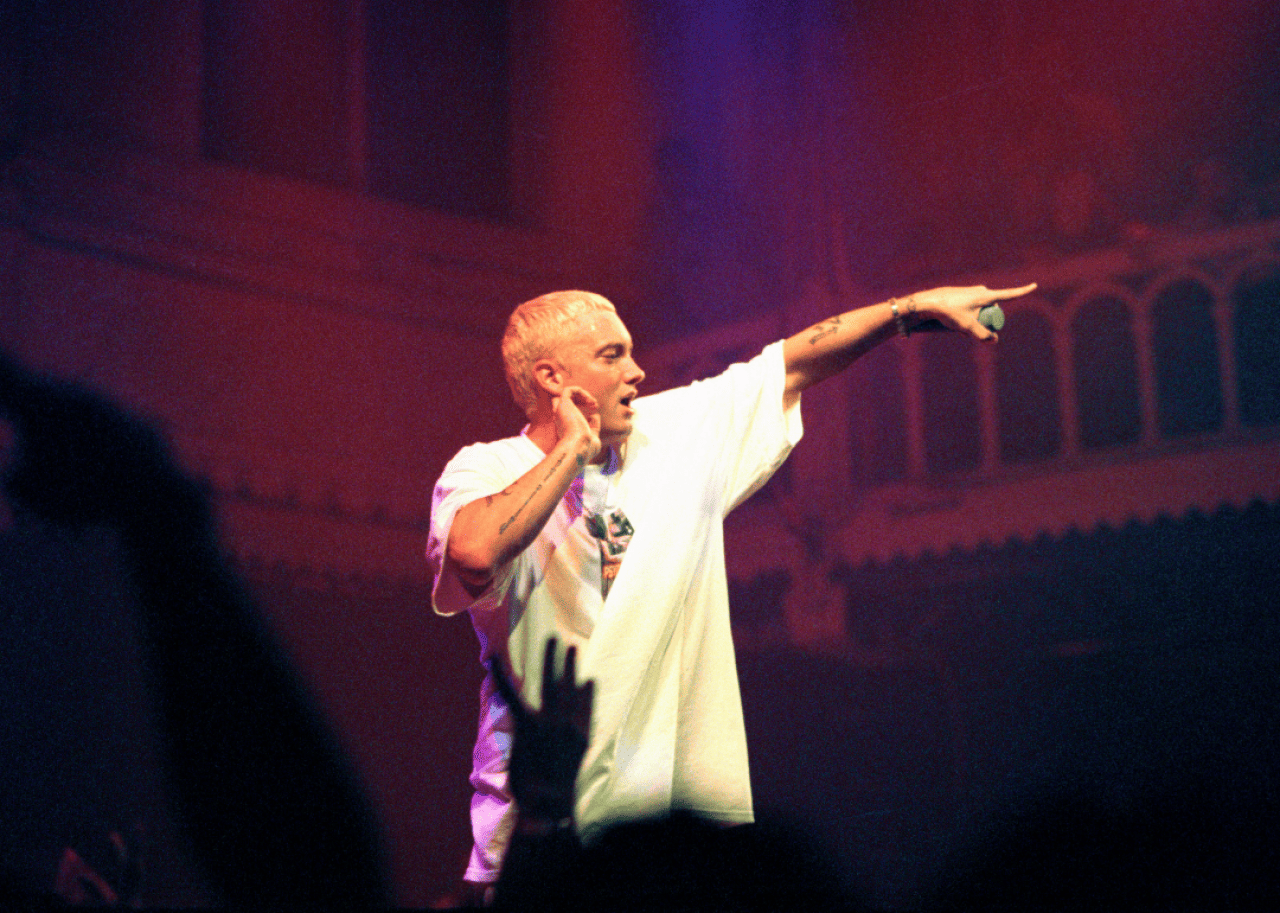
Stan
While "stan" is commonly used to refer to a super fan of something or someone, it originated as a more negative term. The term comes from a 2000 Eminem song of the same name, in which the rapper sings about an obsessive stalker-fan named Stanley who claims to be his most loyal follower.
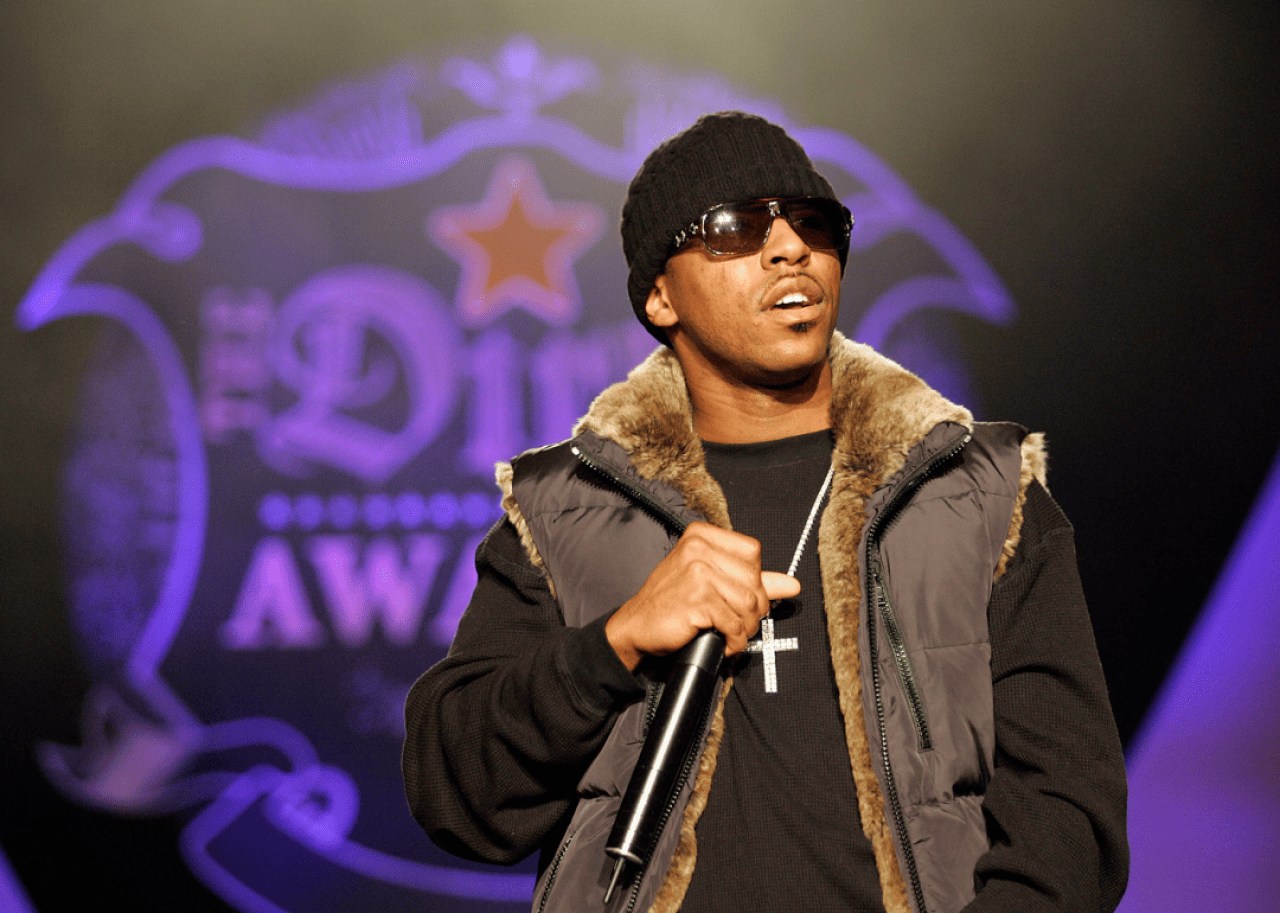
Turn up
"Turn up" is used to describe partying and letting loose. The term can be traced back to rapper Rocko's 2007 album "Swag Season," and gained further attention thanks to 2 Chainz's 2011 song "Turn Up."
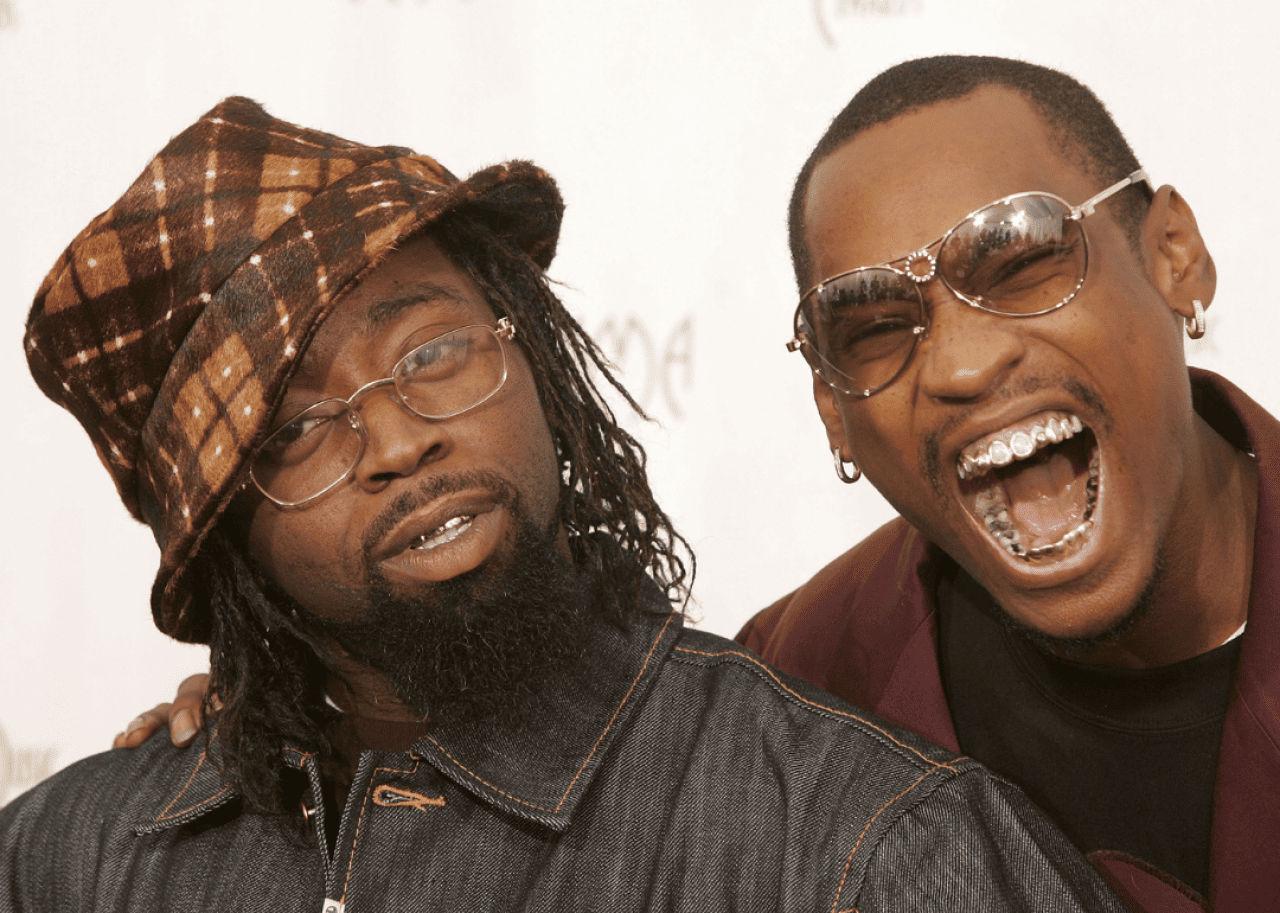
Twerk
"Twerk" refers to a dance in which someone adopts a squatting stance and thrusts their butt and hips. Originally associated with New Orleans bounce, the modern use of the term was introduced through DJ Jubilee's 1993 hit "Do the Jubilee All," and gained traction through the Yin Yang Twins' 2000 song "Whistle While You Twurk."
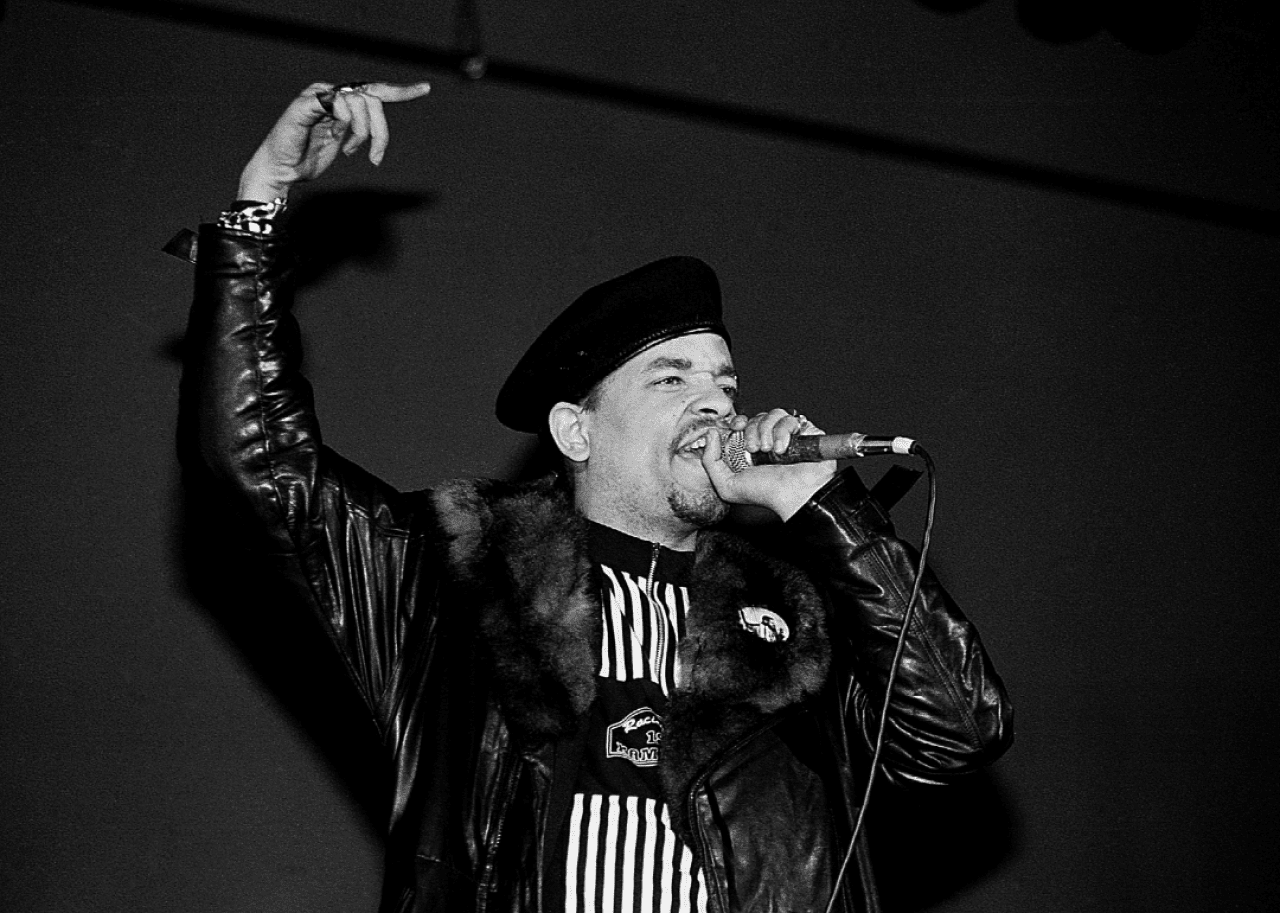
Wildin'
"Wildin'" quite literally refers to wild, uninhibited behavior. Ice-T used the term in his 1988 track "Radio Suckers," which includes the lyric "Gangs illin', wildin' and killin'." The term was used in a pejorative way following the wrongful arrest of the Exonerated Five in 1985, the same year the Oxford English Dictionary described wildin' as "the action or practice by a gang of youths of going on a protracted and violent rampage." The term has since been reclaimed by rappers like A$AP Rocky, who includes it in his 2013 track "Wild for the Night."
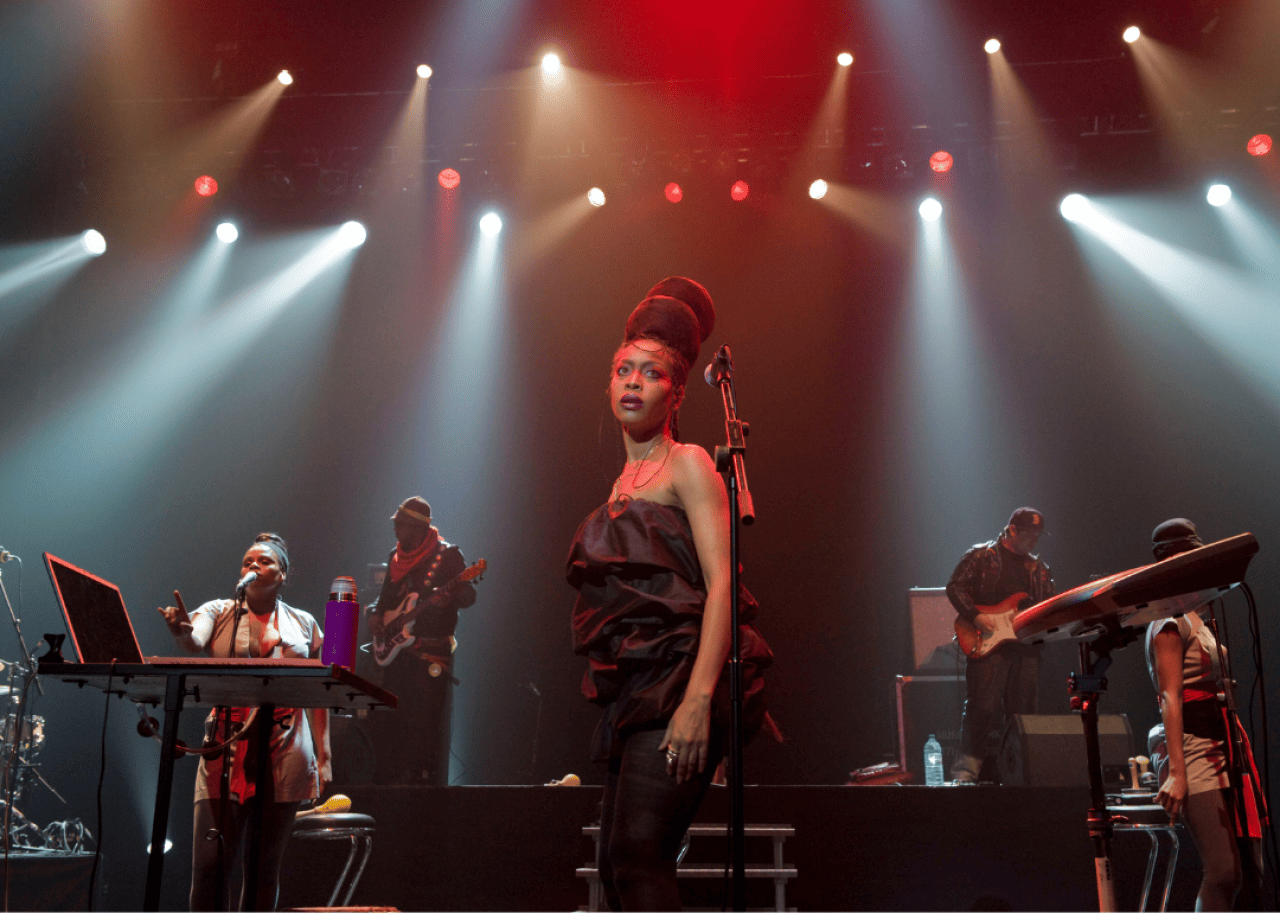
Woke
Although right-wing groups have recently co-opted "woke" as a derogatory term aimed at their more left-leaning counterparts, the term actually refers to being woken up and made aware of social justice issues. The term became common in Black communities in the 1940s but gained widespread popularity when singer Erykah Badu used the phrase "I stay woke" in her 2008 song, "Master Teacher."
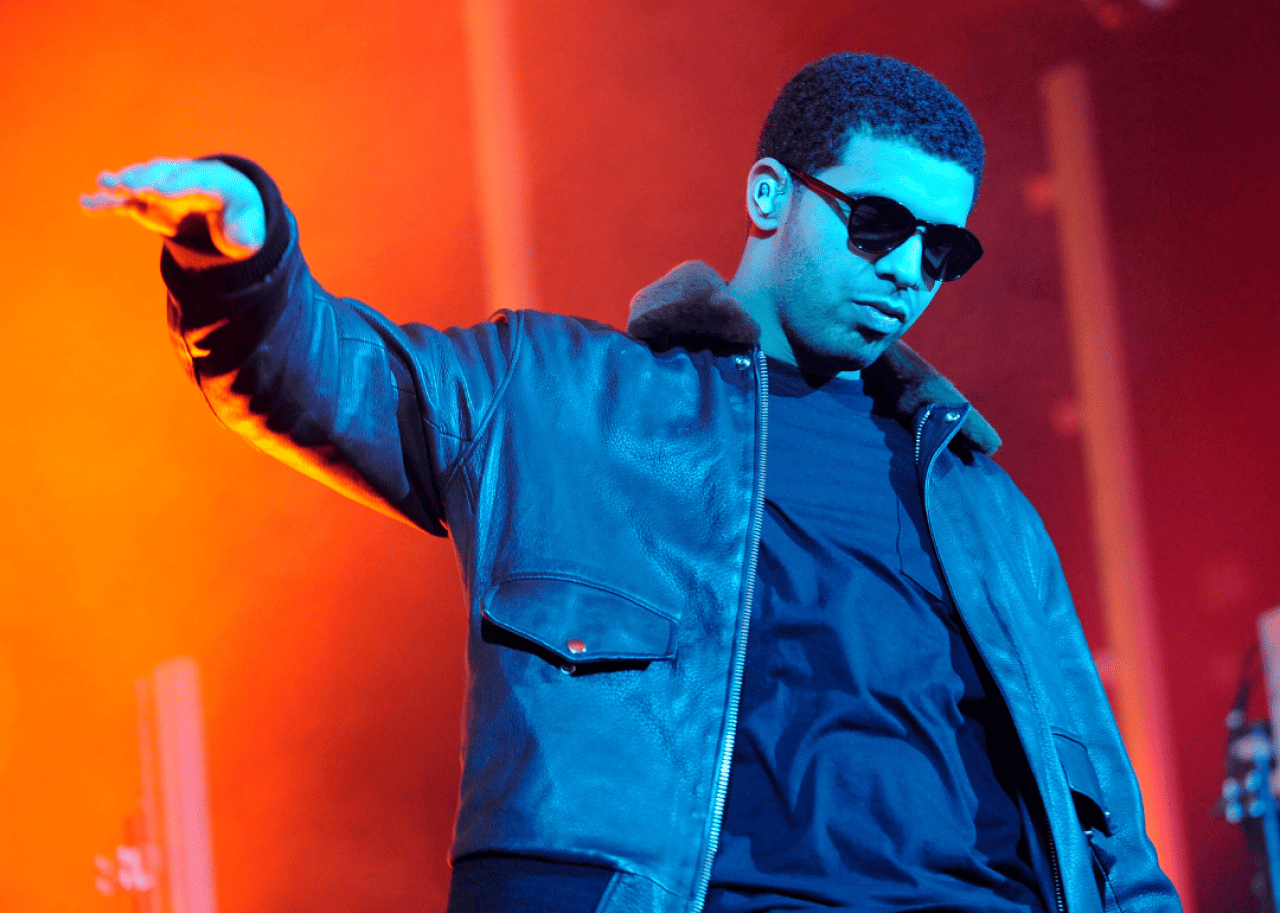
YOLO
"YOLO," which stands for "you only live once," is often used to justify reckless decisions. Rapper Drake popularized the term—which was runner-up for 2012's Word of the Year—with his mixtape of the same name, and the 2011 song "The Motto."
Story editing by Cu Fleshman. Copy editing by Meg Shields.






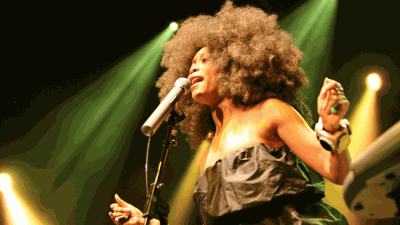












(0) comments
Welcome to the discussion.
Log In
Keep it Clean. Please avoid obscene, vulgar, lewd, racist or sexually-oriented language.
PLEASE TURN OFF YOUR CAPS LOCK.
Don't Threaten. Threats of harming another person will not be tolerated.
Be Truthful. Don't knowingly lie about anyone or anything.
Be Nice. No racism, sexism or any sort of -ism that is degrading to another person.
Be Proactive. Use the 'Report' link on each comment to let us know of abusive posts.
Share with Us. We'd love to hear eyewitness accounts, the history behind an article.